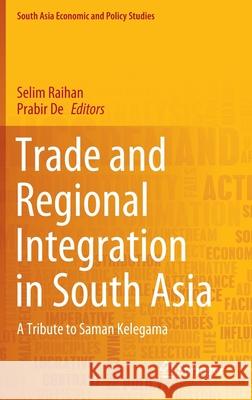Trade and Regional Integration in South Asia: A Tribute to Saman Kelegama » książka
topmenu
Trade and Regional Integration in South Asia: A Tribute to Saman Kelegama
ISBN-13: 9789811539312 / Angielski / Twarda / 2020 / 319 str.
Trade and Regional Integration in South Asia: A Tribute to Saman Kelegama
ISBN-13: 9789811539312 / Angielski / Twarda / 2020 / 319 str.
cena 401,58
(netto: 382,46 VAT: 5%)
Najniższa cena z 30 dni: 385,52
(netto: 382,46 VAT: 5%)
Najniższa cena z 30 dni: 385,52
Termin realizacji zamówienia:
ok. 22 dni roboczych.
ok. 22 dni roboczych.
Darmowa dostawa!
Kategorie:
Kategorie BISAC:
Wydawca:
Springer
Seria wydawnicza:
Język:
Angielski
ISBN-13:
9789811539312
Rok wydania:
2020
Wydanie:
2020
Numer serii:
000829182
Ilość stron:
319
Waga:
0.63 kg
Wymiary:
23.39 x 15.6 x 1.91
Oprawa:
Twarda
Wolumenów:
01
Dodatkowe informacje:
Wydanie ilustrowane











